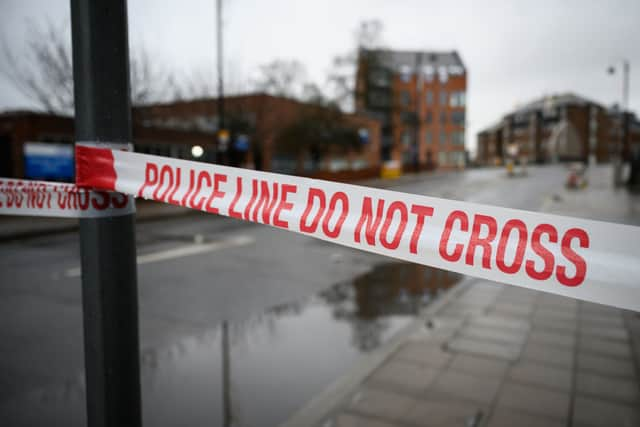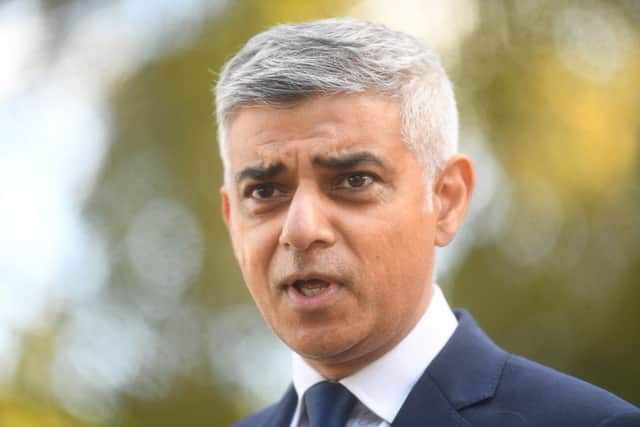Mental health and drugs are the biggest factors driving London homicides, new study finds
and live on Freeview channel 276
Undiagnosed mental health issues, drugs and social media usage are all factors driving London homicides, a new study has shown.
The research published by London’s Violence Reduction Unit (VRU) on Monday has analysed police data to better understand the causes of murder and manslaughter.
Advertisement
Hide AdAdvertisement
Hide AdThe study claims that each homicide is estimated to cost more than £800,000 to the police and criminal justice services, implying an annual London cost of over £120 million.


Behavioural insight experts analysed 50 homicide cases to look for patterns to understand why these killings took place and how we can intervene earlier.
Six factors were identified by studying the cases in depth. These included:
Mental health: Initial findings identified more cases where mental health was a contributing factor to homicide than were originally flagged by existing police codes.
Advertisement
Hide AdAdvertisement
Hide AdDrugs: Drug-related homicides overlapped with all of the factors included in the analysis.
Alcohol: Alcohol was more likely to contribute to homicides at particular times of day or key locations.
Gangs: Gang violence presents a particular homicide risk in relation to young people.
Social Media: Evidence shows that social media usage in homicides was more sophisticated than sharing threats or aggressive language online.
Advertisement
Hide AdAdvertisement
Hide AdPatterns of escalation: Medium-length escalation cases provided more opportunities for “cooling down” periods than short-length immediate escalation cases.
This analysis aims to help practitioners, police officers, policymakers, and researchers to better understand the drivers of homicide in the capital and highlight where to best target resources.
The team will now use the framework to analyse another 300 cases with a view to it potentially being used more routinely in the capital.


The mayor of London, Sadiq Khan who funded the study as part of violence reduction work, said: “Part of our approach is better understanding why homicides happen and that’s why my VRU funded and commissioned this ground-breaking framework.
Advertisement
Hide AdAdvertisement
Hide Ad“If we are to continue reducing violence in London, it’s crucial that we identify more opportunities to intervene early because I firmly believe that violence is preventable, not inevitable.”
Ed Bradon, the director at the Behavioural Insights Team, said: “We are very excited about the potential of this framework to shed new light on a crime that blights our city.
“We hope it will give the Met police, the VRU and other agencies a powerful new tool, and one that can keep getting better over time.
“Improving our data so that we can really understand what’s happening - and which responses work - is at the heart of modern policing. London’s VRU and the Met deserve great credit for pursuing this vital and path breaking work.”
